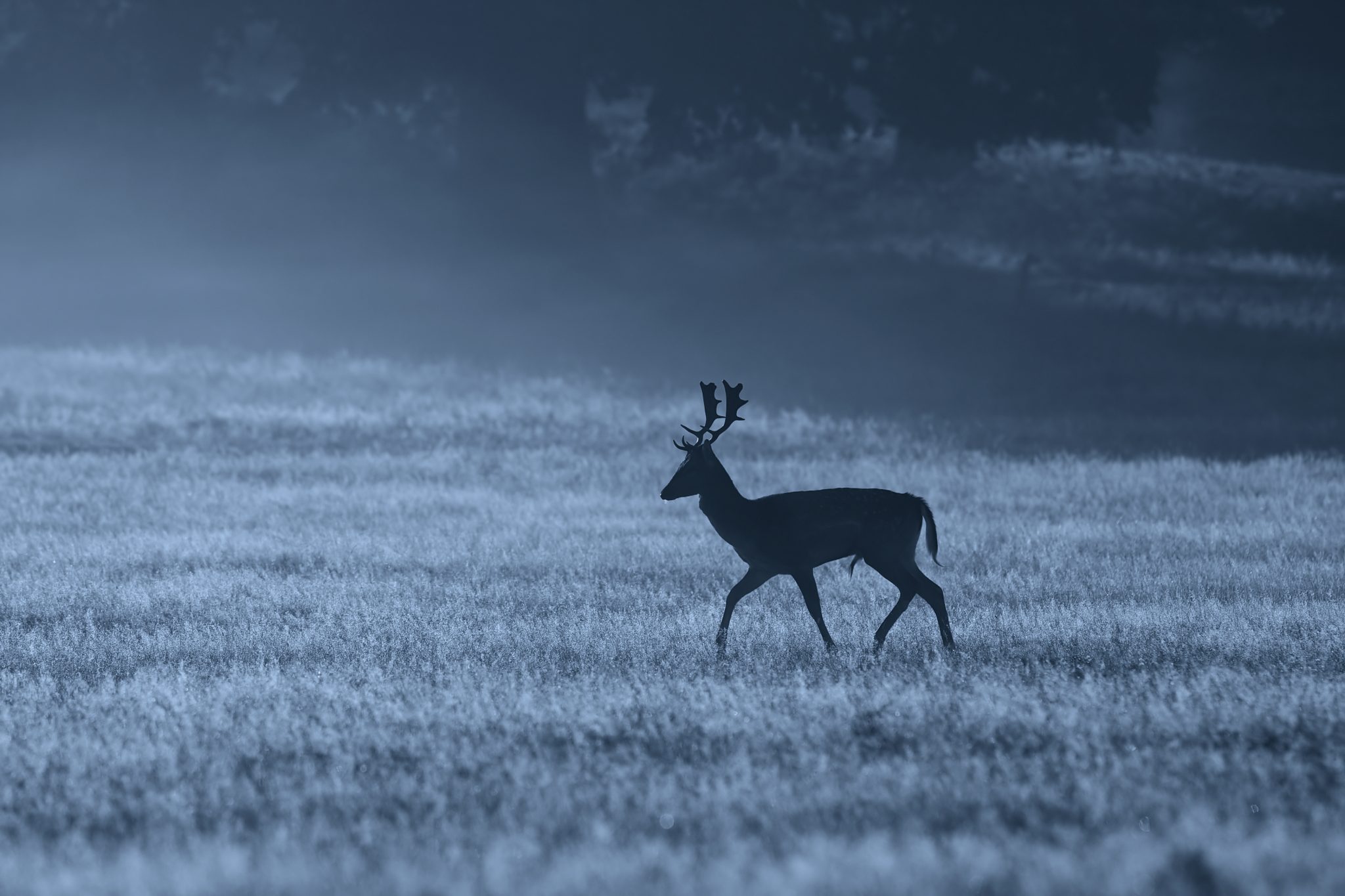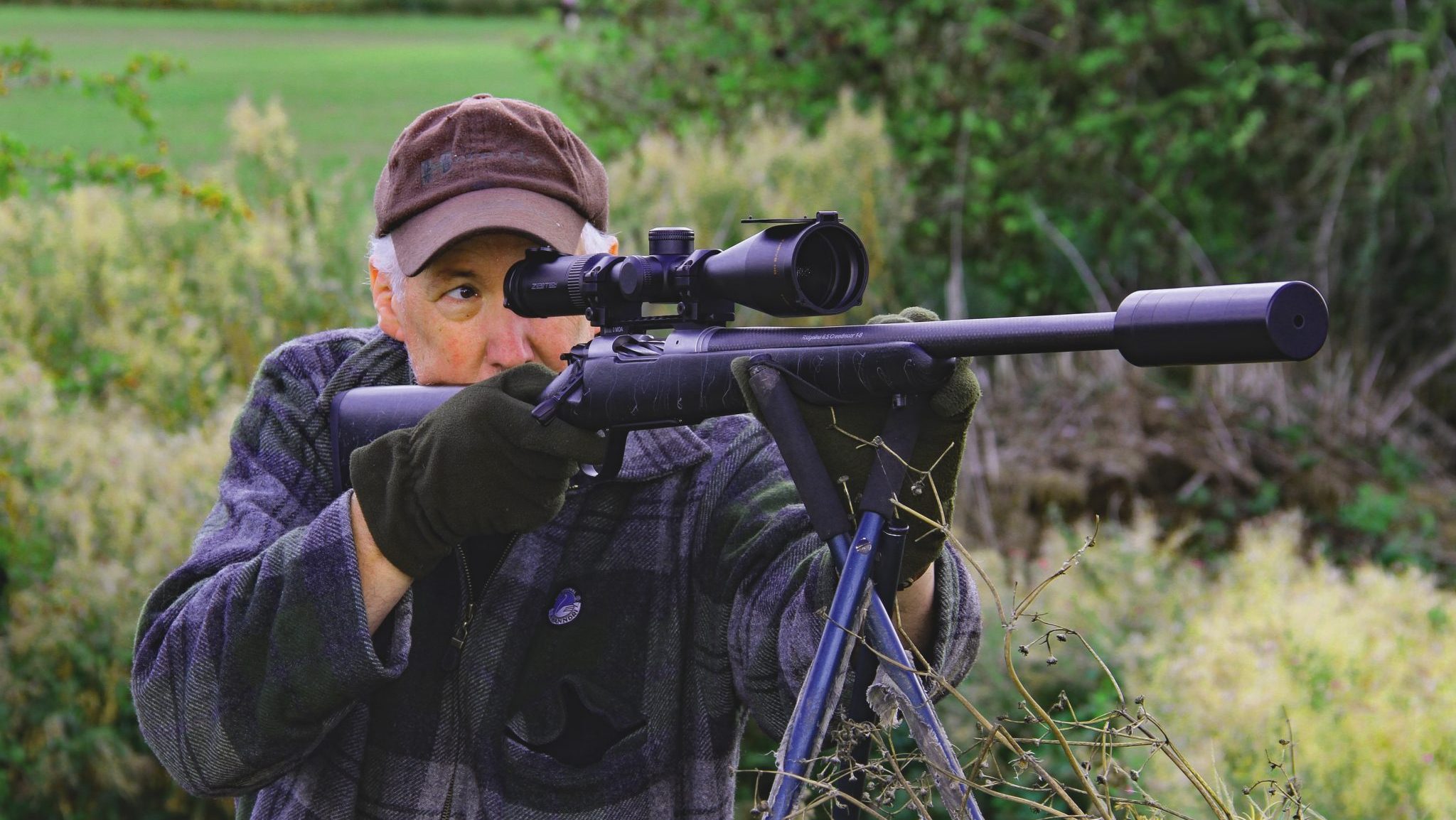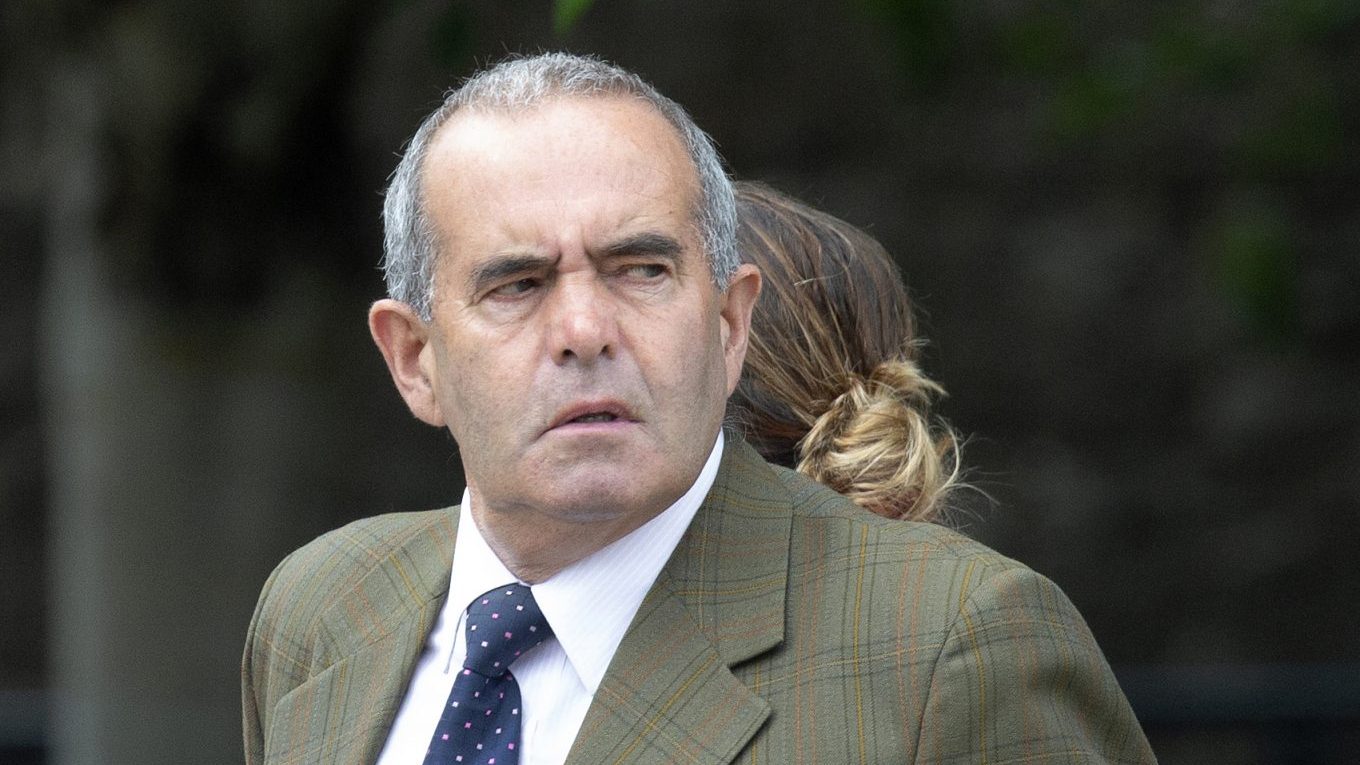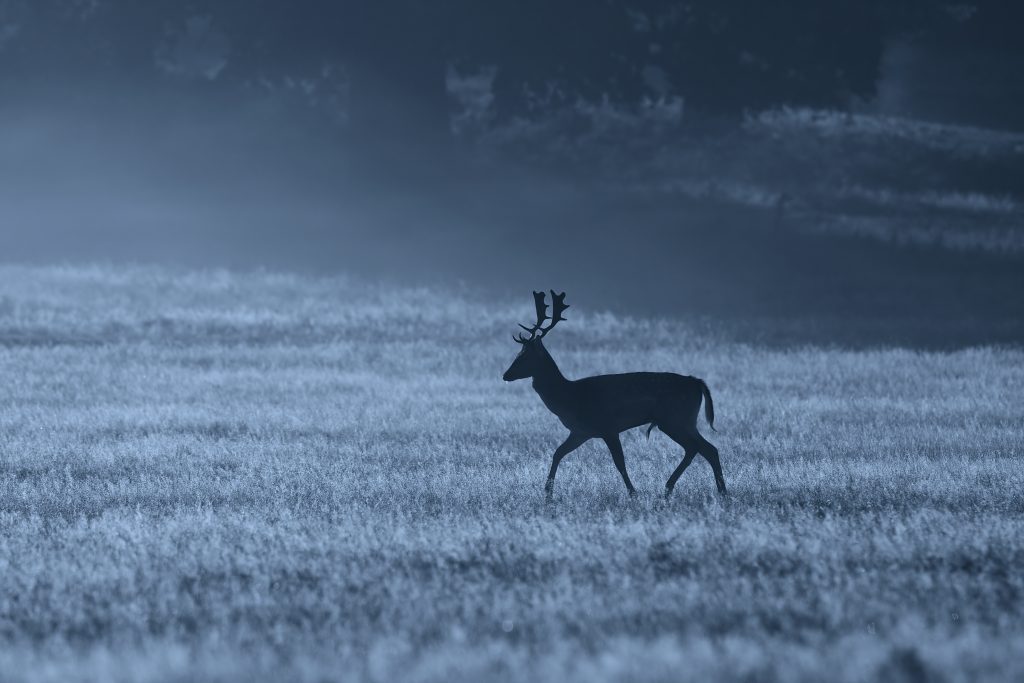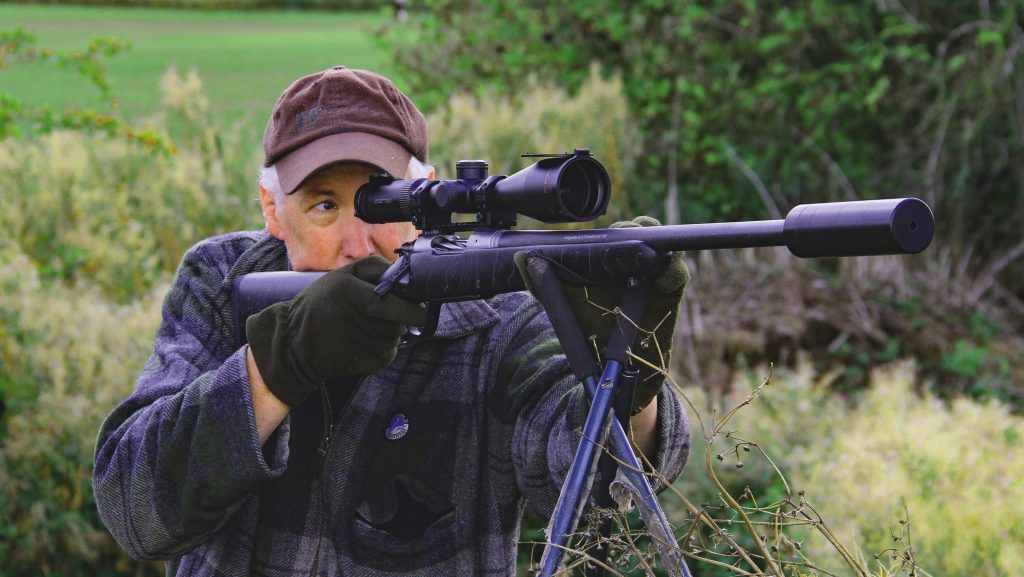★ Win a Schöffel Country shooting coat for everyone in your syndicate worth up to £6,000! Enter here ★
UK bird count points to farmers’ vital role
Nearly 360,000 birds representing 125 species were recorded in this year’s Big Farmland Bird Count, the annual survey run by the GWCT
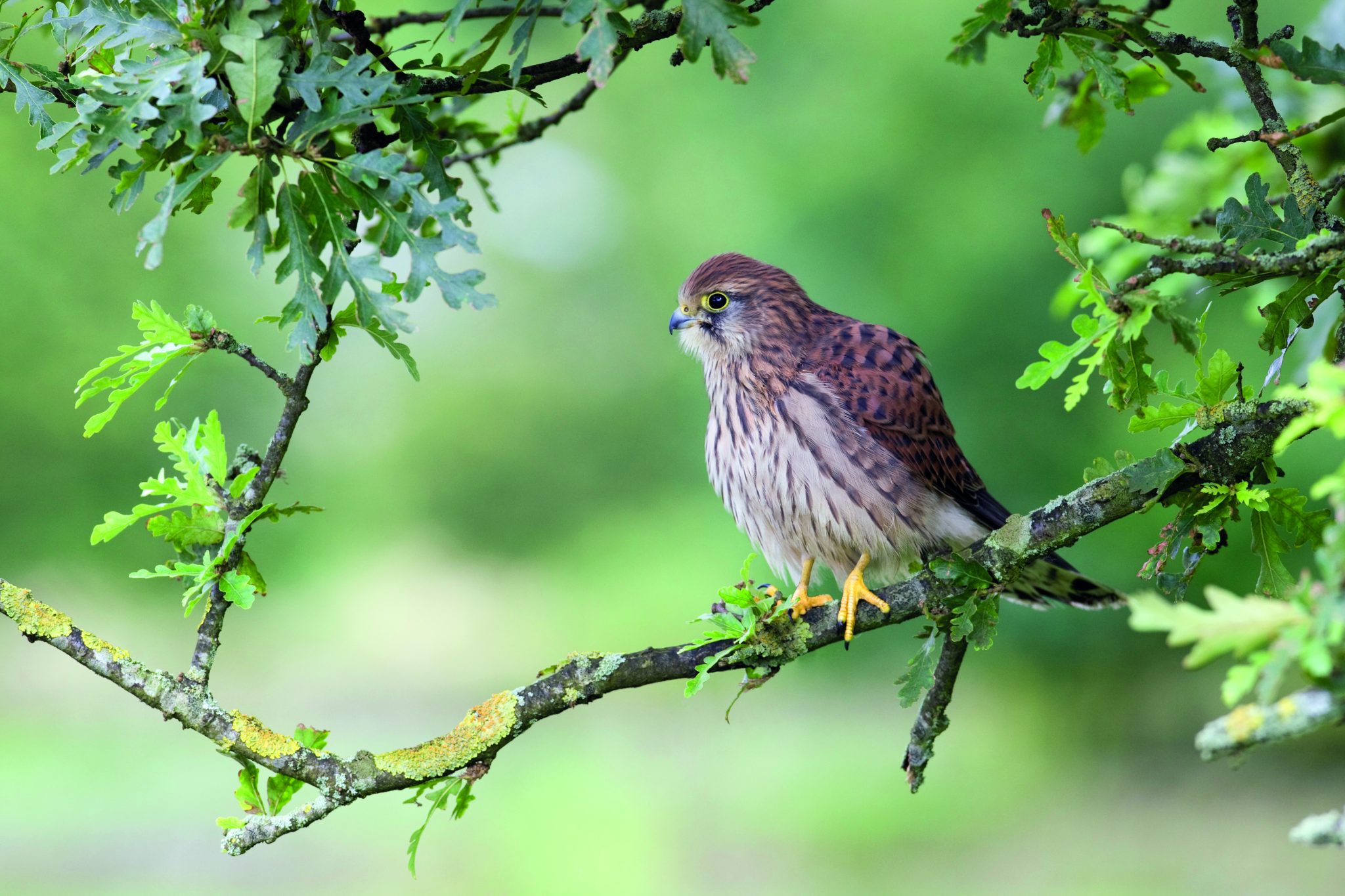
Nearly 360,000 birds representing 125 species were recorded in this year’s Big Farmland Bird Count, the annual survey run by the GWCT and sponsored by the NFU.
More than 1,000 farmers, gamekeepers and land managers took part in February, counting birds across 699,869 acres – roughly the size of Dorset. The results show both successes and setbacks in UK farmland conservation.
There was good news for kestrels, with sightings up 182%, but fieldfares fell by 52%, long-tailed tits by 27% and curlews by 25% compared to last year. Red-listed species remain a concern, with nearly 146,000 birds counted from these most at-risk populations.
Agri-environment schemes
Farmer-led conservation remains crucial. Two-thirds of participating farms are enrolled in agri-environment schemes like the Sustainable Farming Incentive (SFI), with nearly half providing winter feeding and planting wild bird seed mixes. Since 1970, farmland bird populations have declined 61%, largely due to habitat loss and intensification in the 1970s and 1980s.
Government support is vital, yet uncertain. The SFI remains funded through 2029, but closed to new applicants in March 2025. Thousands of Countryside Stewardship agreements also expire at the end of this year, leaving farms unsure whether support will continue in 2026.
GWCT director calls for government reassurance
Roger Draycott, GWCT director of advisory and education, warned: “Several thousand Countryside Stewardship agreements expire on 31 December – thousands of hectares of valuable habitat could be lost unless government provides urgent reassurance to these farms that SFI will be available next year.”
At the start of 2025, England had 32,200 active SFI agreements, up 23% since October. In the bird count, only 14% of Welsh farms were in conservation schemes compared to 29% in Scotland.
Draycott added: “Our farmland birds continue to decline nationally, and we will only reverse that trend if farmers – who manage 72% of the UK’s countryside – are encouraged and properly funded to implement conservation measures.”
Related Articles
Get the latest news delivered direct to your door
Subscribe to Shooting Times & Country
Discover the ultimate companion for field sports enthusiasts with Shooting Times & Country Magazine, the UK’s leading weekly publication that has been at the forefront of shooting culture since 1882. Subscribers gain access to expert tips, comprehensive gear reviews, seasonal advice and a vibrant community of like-minded shooters.
Save on shop price when you subscribe with weekly issues featuring in-depth articles on gundog training, exclusive member offers and access to the digital back issue library. A Shooting Times & Country subscription is more than a magazine, don’t just read about the countryside; immerse yourself in its most authoritative and engaging publication.



